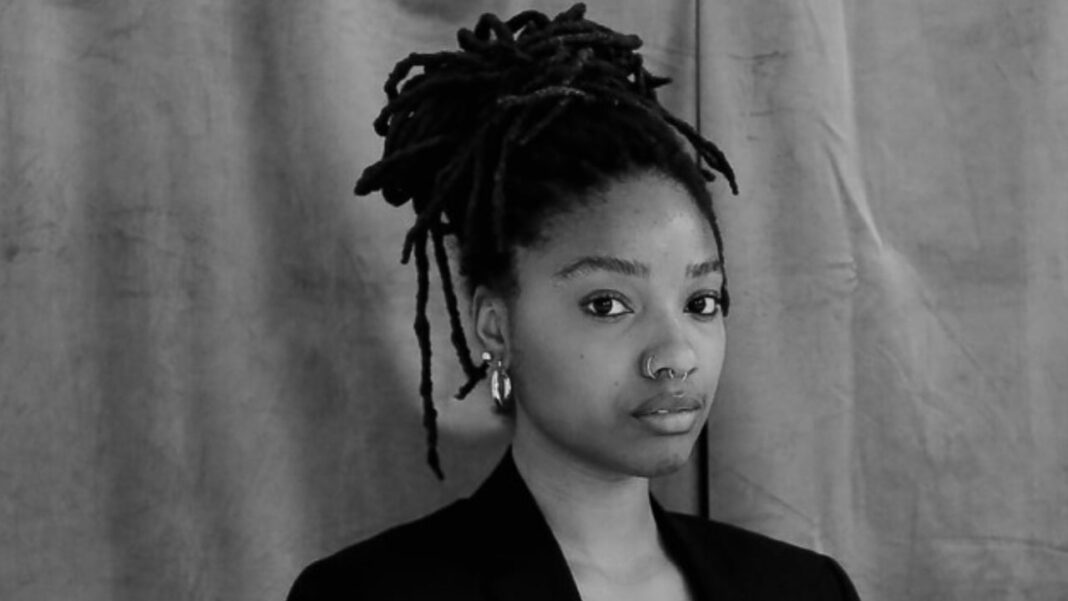Sea Armstrong: Building Community Through Film
Sea Armstrong has crafted a vibrant space for movie lovers that meets in the intersection of culture, creativity, and community. On a cool September Saturday, amidst the backdrop of Washington, D.C.’s MLK Library, they hosted a sold-out immersive screening of their brainchild, “Other Suns.” This event served as a testament to Armstrong’s dedication to uplifting Black voices, showcasing three short films that center on the lives of Black people, inspired by ancestral wisdom and Afrofuturistic themes.
A Response to the Gatekeeping Culture
The inception of “Other Suns” is rooted in Armstrong’s frustration with the barriers that independent Black filmmakers often face in the film festival circuit. “Film festivals are notoriously challenging to get into,” they shared with the audience. In response, Armstrong took the matter into their own hands, creating an accessible platform to showcase their work.
“My dream was to share my work with my community,” they continued, reflecting on the dissatisfaction of not receiving festival spots. Recognizing the potential for storytelling beyond the confines of traditional festival circuits, they turned their vision into reality—an empowering move that resonates deeply within the community.
A Multi-Faceted Artist
Armstrong isn’t just a filmmaker; their diverse background as a former public health professional and birth doula adds a unique lens to their filmmaking. Currently pursuing an MFA at Howard University, they describe their journey as a pivot toward igniting change through visual storytelling.
“I started writing scripts for fun,” Armstrong recalled, revealing a natural inclination toward storytelling that sparked beyond mere hobby. Their desire to see their stories brought to life became a powerful impetus for creative exploration.
The Spirituality of Nature in Film
The films showcased during “Other Suns” delve deep into themes that connect nature, ancestry, and survival. Armstrong’s first short, “Edge of This River,” braids personal history with fiction, addressing the haunting memories of Hurricane Katrina. The film portrays a fictional world where floods are commonplace, and the main character, Mara, must confront questions of survival while deciphering messages from her ancestors.
Armstrong articulates an artistic mission that weaves environmental concerns with cultural narratives. “All of these works emerged from a moment in time that necessitated discussions about water issues and survival,” they said. The urgency to highlight water’s rising threat reflects both personal and collective narratives that resonate in today’s climate discussions.
Women’s Empowerment and Resilience
Armstrong’s work also carries the torch of female empowerment, most notably in the short film “Keur Simbara.” Set in Senegal, this piece showcases a cooperative of women striving for community resilience amidst the trials of drought. Initially set to film elsewhere, political unrest forced a pivot, yet the change unveiled a story brimming with strength and sisterhood.
“The way they’re approaching water scarcity is incredible,” Sea notes, emphasizing the importance of adaptability in storytelling. The film underscores that narratives filled with softness and unshakeable support can inspire audiences profoundly.
A Journey Through History
“Tobacco Road,” another highlight of the evening, offers a poignant exploration of Black migration experiences. This film weaves together the personal stories of a father-daughter duo embarking on a journey back to their roots in North Carolina. Written and directed by Kiara Danae Mangum, this collaborative piece touches on identity, grief, and the connective tissue that binds generations.
“Born out of my own reflections,” Mangum explained, “it invites viewers to reconnect with nature, family, and the parts of ourselves we sometimes lose.” The emotional depth resonates with attendees, highlighting how personal narratives can create meaningful connections within the community.
A Celebration of Culture
As guests mingled in the ambiance filled with the sounds of hip-hop and soul music, they shared dishes from Black-owned restaurants, engaging in conversations about the films’ themes. Armstrong, embodying warmth and openness, floated through the crowd, embracing community members, fellow creatives, and family alike.
“Other Suns” positioned itself not just as a screening but as a gathering that celebrated a legacy of Black creativity, a practice of disruption embedded in the community’s very fabric. “The healing aspect comes in… communicating in ways that only we can understand,” Armstrong observed, a sentiment that captures the essence of the event.
In the vibrant atmosphere of Chocolate City, where legends like Chadwick Boseman and Bradford Young began their journeys, “Other Suns” becomes a signpost—testifying to the spirit of creativity and resilience. Armstrong’s vision is a reminder that storytelling serves not only to entertain but also to educate, empower, and evoke change.



